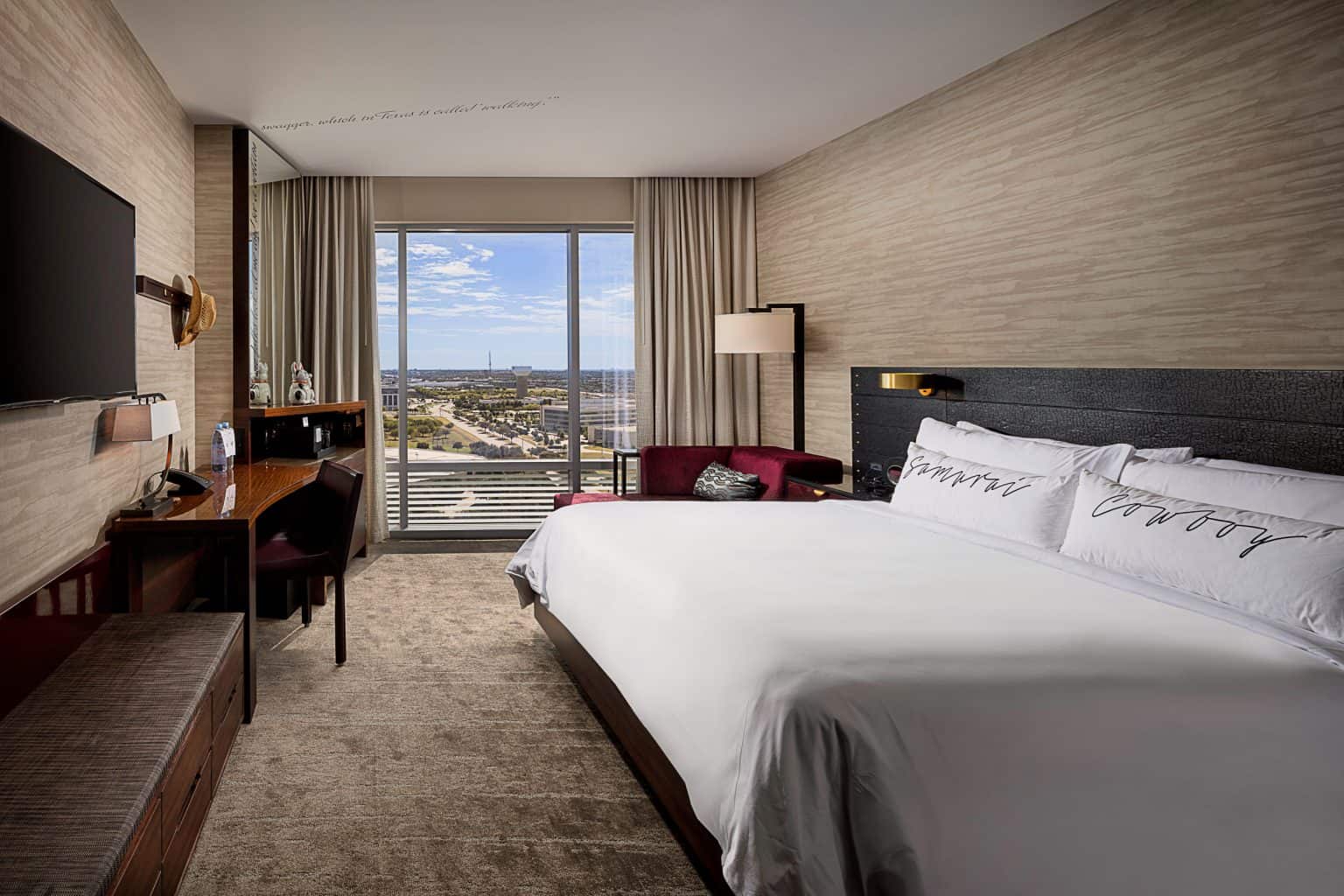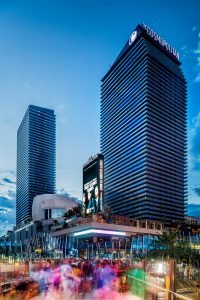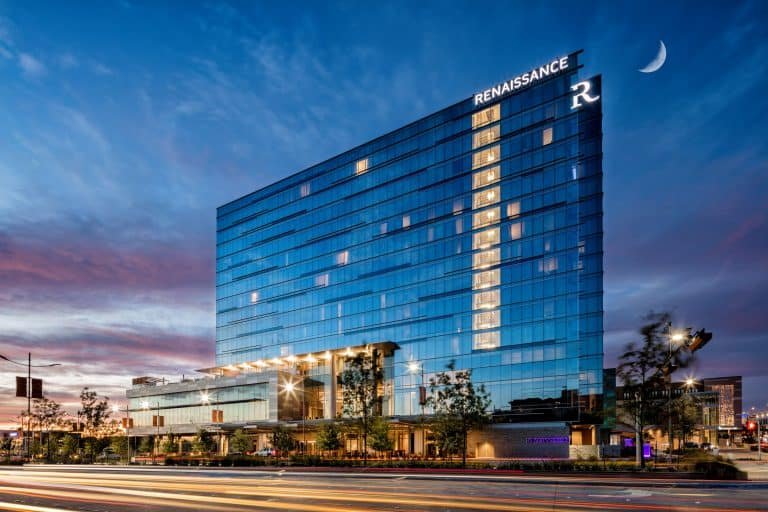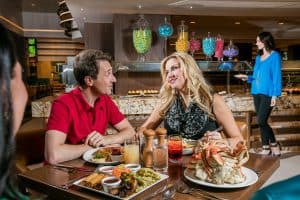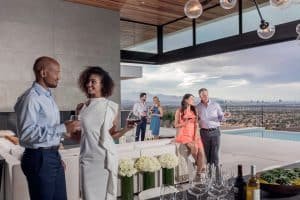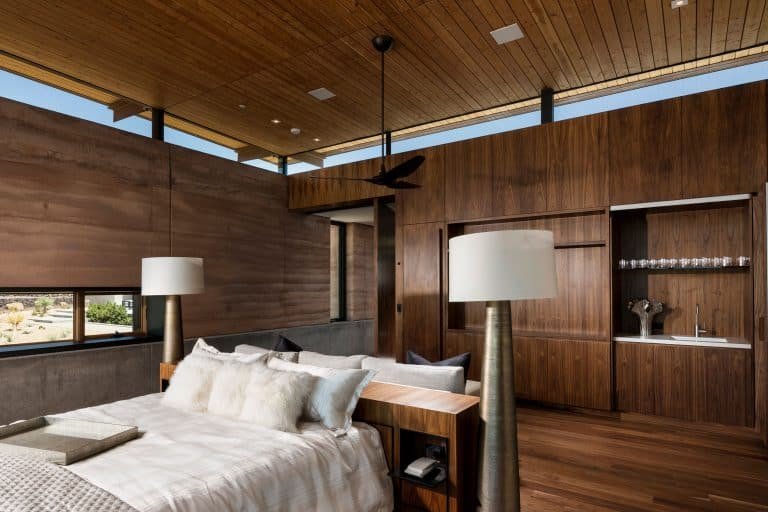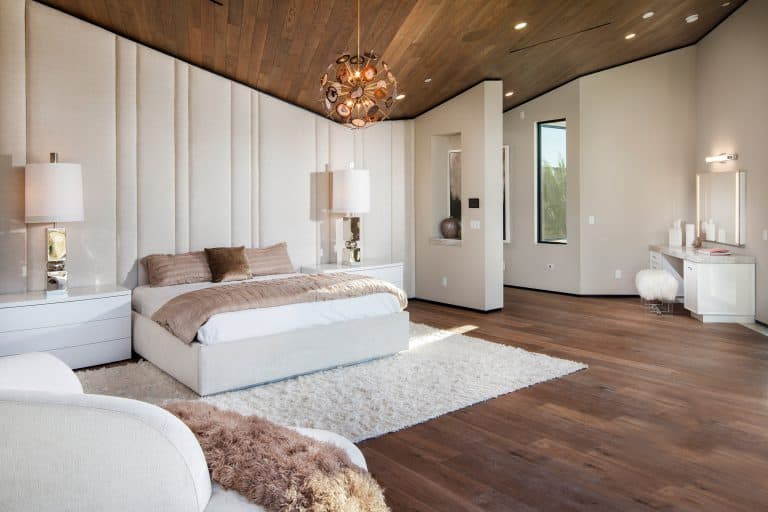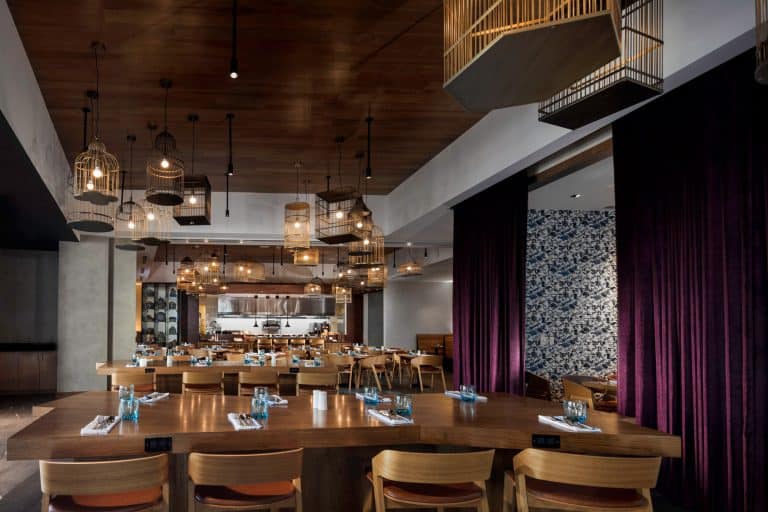One of the most interesting, rewarding, and complex niches in commercial photography is hotel photography.
It requires the right mix of technical skill, creative vision, and deep industry experience to truly showcase the full hospitality experience.
Here’s what you need to know.
Not All Photography Is Created Equal
Just like a marketing director wouldn’t run the F&B department, the same logic applies to hotel photography. It’s not that someone can’t shoot a hotel without specializing—but it also doesn’t mean they should.
The industry typically breaks down into two main categories:
Architecture & Design
Lifestyle & Advertising
Architectural Photography: Spaces That Sell
For exterior shots, interiors, and amenities, you’ll want a photographer who specializes in architectural hotel photography.
Why It Matters:
Exteriors require expertise and patience. Lighting isn’t always controllable—you have to work with natural conditions.
Rooms & Suites are one of the top decision factors for guests. These images must look inviting, luxurious, and aspirational.
Amenities like lobbies, elevators, and shared spaces contribute significantly to the guest experience—make sure they’re captured with intent.
Restaurants & Retail are not just guest perks—they’re also major revenue streams. Great visuals can start shaping a guest’s experience months before check-in.
✅ Pro tip: A hospitality-experienced photographer will already know how to prioritize and stage these elements without needing hand-holding.
Lifestyle Photography: Selling the Experience
For advertising restaurants, spas, casinos, pools, and the broader experience of your property, lifestyle photography is your go-to. These visuals are often used in ad campaigns, websites, and international branding efforts.
The best professionals know how to blend the architectural and lifestyle elements—telling a cohesive visual story that features both the space and the experience.
Food and Beverage: A Separate Artform
Food and beverage photography is its own specialization. Unless you’re doing a lifestyle campaign with limited food content, it’s best to hire a dedicated F&B photographer for menu imagery.
Keep your architectural and lifestyle visuals focused on space and experience. Food photography is all about plating, texture, lighting, and stylizing dishes—not staging a lobby.
Can One Photographer Do It All?
While some photographers dabble in everything, the best results come from professionals who specialize in hospitality architecture with an understanding of lifestyle context.
In most hotel shoots, you’ll need both:
Stand-alone images of each space
Lifestyle images with talent using the space
But even lifestyle photographers often lack the architectural understanding to properly capture design integrity. Prioritize professionals who can work across both contexts—or consider a team approach.
Again, for food and beverage—use a dedicated specialist.
Hotel Photography Pricing
The Role of Licensing
Before you talk numbers, understand that usage licensing is a core factor in pricing.
-
Limited License (3–5 Years): Common for national or international campaigns, without third-party transfer. This keeps costs manageable.
-
Buy-Out License: More expensive, but offers unlimited usage across time, geography, and platforms—including resale or transfer to third parties.
💡 Tip: Understand your campaign scope before selecting a license—it may save you thousands down the line.
Per Image vs. Per Day Pricing
Per Image
-
Ideal for small projects or updating select rooms.
-
Typical range: €500 / $500 – €1,400 / $1,400 per image.
-
Best when you need quality over quantity and want predictable costs regardless of time spent on set.
Per Day
-
Best for large-scale productions or full-property shoots.
-
Typical range: €4,000 / $4,000 – €7,000 / $7,000 per day.
-
Gives you more flexibility and coverage, but make sure the day is well-planned to maximize deliverables.
Choosing the Right Photographer
Seasoned hotel marketers know: budget is important—but not the only factor.
Review portfolios carefully:
-
Are they consistent across projects?
-
Do small and large-scale shoots both shine?
-
Do they demonstrate versatility with interiors, exteriors, and lifestyle?
Ask the right questions:
-
Are they insured?
-
Do they understand timelines for active hotels?
-
Can they help with image planning and shot counts?
-
Do they provide pre-shoot scouting or creative direction?
Remember, the most valuable photographers don’t just shoot—they contribute to the project’s overall success through insight, planning, and problem-solving.
It’s all about the money
Hospitality photography isn’t just about making a space look good—it’s about creating desire, storytelling, and selling a guest experience.
By choosing the right photographer, planning your licensing and pricing model carefully, and understanding the different skill sets involved, you can ensure your visuals work as hard as your team does.
